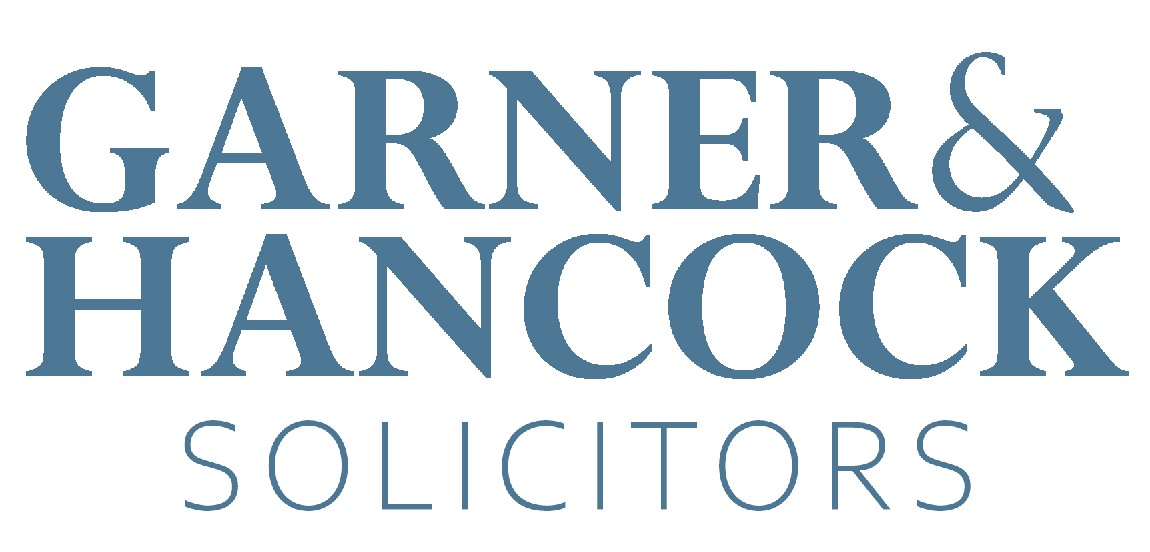Should I Buy a Property with a Short Lease?
If you are looking for a property to buy, you may come across a flat with a short lease. Chances are that the asking price is lower than other, similar properties. This makes it a very tempting proposition. Finally, you have found your dream home – and it’s within your budget.
But what’s the deal with buying a property with a short lease? What does it mean for you, and is it a problem? Unfortunately, there is no straightforward answer. There are risks involved, but it’s up to you to decide whether these outweigh the benefits.
What is a short lease?
First of all, it is necessary to consider what is meant by a short lease. There is no set definition. Generally, if there are 80 years or less remaining on the lease, it is deemed to be ‘short’. Almost all flats in the UK are leasehold, and some houses are too. If you are viewing a property, check whether it is leasehold or freehold. If it is leasehold, ask the estate agent how many years are remaining on the lease.
What does your mortgage lender say?
Each mortgage lender in the UK has their own guidelines on short leases. Many will not give you a mortgage if the lease is due to expire in the next 75 to 85 years. So, even if you are willing to buy the property, you might not get a mortgage. This could mean the decision is taken out of your hands. That is why short lease properties are often bought by cash buyers or buy-to-let investors.
Why is buying a property with a short lease a risk?
Once a lease expires, the property automatically falls under the ownership of the freeholder. This is the individual or organisation who owns the land on which the property sits. Due to legal changes in 1993, leaseholders now have a statutory right to extend their lease, ensuring the property doesn’t pass to the freeholder. However, extending a lease is not always straightforward and there are costs involved.
How much does it cost to extend a lease?
The answer really depends on how many years are remaining on the lease. If there are less than 80 years, the leaseholder has to pay half of the ‘marriage value’ of the property to the freeholder. The marriage value is the increase in the value of the property following the lease extension. This could be many thousands of pounds. There are also other costs to pay, including legal fees, valuation costs and Land Registry fees.
Request for a Legal Consultation
Garner & Hancock realise that the prospect of pursuing a legal matter can be challenging, so we offer an initial phone consultation to discuss your options, and to give you information that will help you make the right choices affecting your case.
Can the seller extend the lease?
Yes, the seller can extend the lease. However, if the property is currently on the market, it is likely that the seller cannot afford to extend the lease, or simply does not want to. If so, you could ask the seller to issue a Section 42 notice instead. This begins the process, after which the right to continue the lease extension can be assigned to you. However, you should ensure the purchase price is reduced to reflect the costs you will incur.
Can I extend the lease?
Alternatively, you can extend the lease – but only once you have owned the property for two years. Because of this, it is better to ask the seller to issue a Section 42 notice. This ensures you do not have to wait another two years to begin the process. It is difficult to say how long the actual lease extension will take. If the freeholder is amenable, it could be a matter of months. If not, it could take up to a year.
What if I do nothing?
There is no obligation to extend the lease. You may choose to buy a property with 70 years remaining on the lease and decide not to do anything about it. If you opt for this route, you must be prepared for your property to go down in value. In fact, the fewer years remaining on the lease, the more money you will lose. If and when you come to sell, you may find it difficult to secure a buyer.
Should I buy a property with a short lease?
So, should you buy a property with a short lease? If you are getting a mortgage, you need to check whether your mortgage lender is willing to lend on the property. If not, the question will be answered for you.
If a mortgage is not an issue, you must weigh up the pros and cons. You might decide that the cost of extending the lease is worthwhile, as the property will go up significantly in value and/or draw a high rental yield (if you plan to rent it out). However, if you do not think you can recover your costs, or you will not have much money remaining after purchasing the property, it may be a risk worth avoiding.
Get expert legal advice
Before committing to anything, we strongly recommend seeking expert legal advice. Our property law team can examine the terms of the lease and explain what options are available to you.
Our Guarantee
We believe our business begins and ends with you and your needs, as our client. Therefore, we are committed to providing the best client care and advice which will give you confidence that your matter is handled with the utmost care.
How Can We Help?
We are here to help! Feel free to contact us anytime for a consultation on your legal matters.
